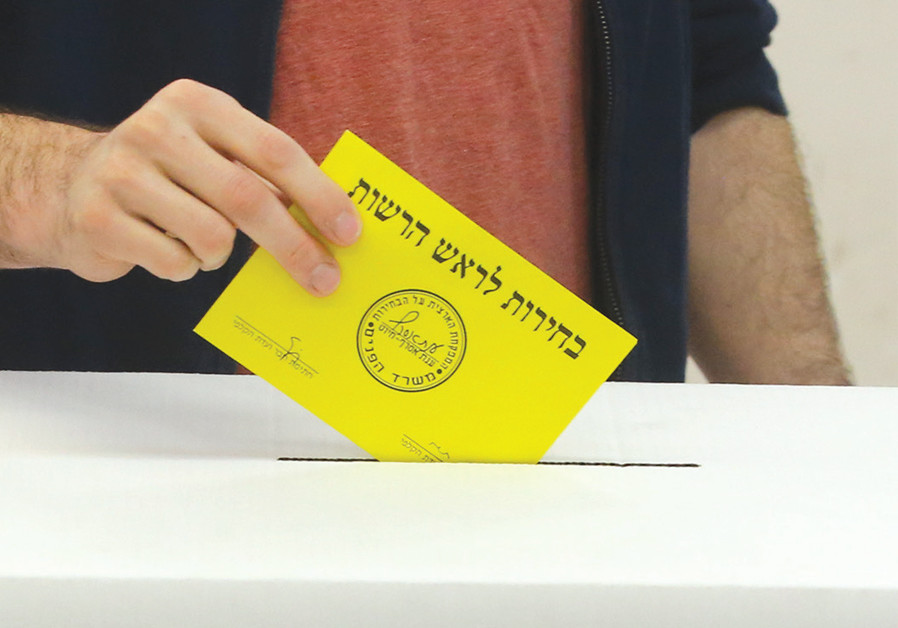The opinions expressed on this webpage represent those of the individual authors and, unless clearly labeled as such, do not represent the opinions or policies of TBS.
Votes for women
Halachic considerations around giving women the vote
Rav Uziel ruled in favor of not only giving the vote to women, but also allowing them to run for elected positions.

With the upcoming elections, I have been addressing the halachic considerations around giving women the vote. In the previous column, I wrote about the first government elections that took place in Israel in 1920 and the rabbinic attitudes toward suffrage.
Votes for women was one of the most contentious issues sweeping the Western world and both chief rabbis at the time, Rav Abraham Isaac Kook and Rav Ben Zion Meir Uziel were asked their opinion on the matter. I presented Rav Kook’s approach, in which he came out against giving the vote to women for fear it would threaten the traditional family structure and lead to the anarchy he saw developing in Europe and America.
Following is an excerpt from his response to the question (all translations: Zvi Zohar):
“If anyone should tell us that women should be excluded from the voting public because “their minds are flighty (daatan kalot)” (Shabbat 33b and Qiddushin 80b) and they know not how to choose who is worthy of leading the people, we reply: Well, then, let us exclude from the electorate also those men who are “of flighty minds” (and such are never lacking). However, reality confronts us clearly with the fact that, both in the past and in our times, women are equal to men in knowledge and wisdom, dealing in commerce and trade and conducting all personal matters in the best possible way.
Rav Uziel was unwilling to consider the traditional Talmudic attitude regarding women’s intellectual capabilities when making his decision.
Instead, he based his halachic opinion on the reality he saw in front of him and which he emphasized, included the past as well as the present. When addressing the question about possible licentiousness if women leave the homes to vote, he questions how there can be immodesty when “each person goes to the poll and enters his voting slip?
If we start considering such activities as licentious, no creature would be able to survive! Women and men would be prohibited from walking in the street, or from entering a shop together; it would be forbidden to negotiate in commerce with a woman, lest this encourage closeness and lead to licentiousness. Such ideas have never been suggested by anyone.”
He also rejected the concern for preserving peace in the home, asking why a wife’s agency in this matter is more of a threat than adult sons still living at home who may choose to vote in opposition of their fathers. He directly confronted Rav Kook, who expressed concern for wives forced to flatter their husbands by voting against their own personal wishes or causing a rift by opposing their husband and voting for another candidate.
Rav Uziel called this “a newly contrived basis” to oppose women’s voting and dismissed this concern as having no validity. He concluded that women can vote since they are bound “by the collective obligation to obey the elected officials who govern the nation” and thus should be part of the community that votes such officials in.
